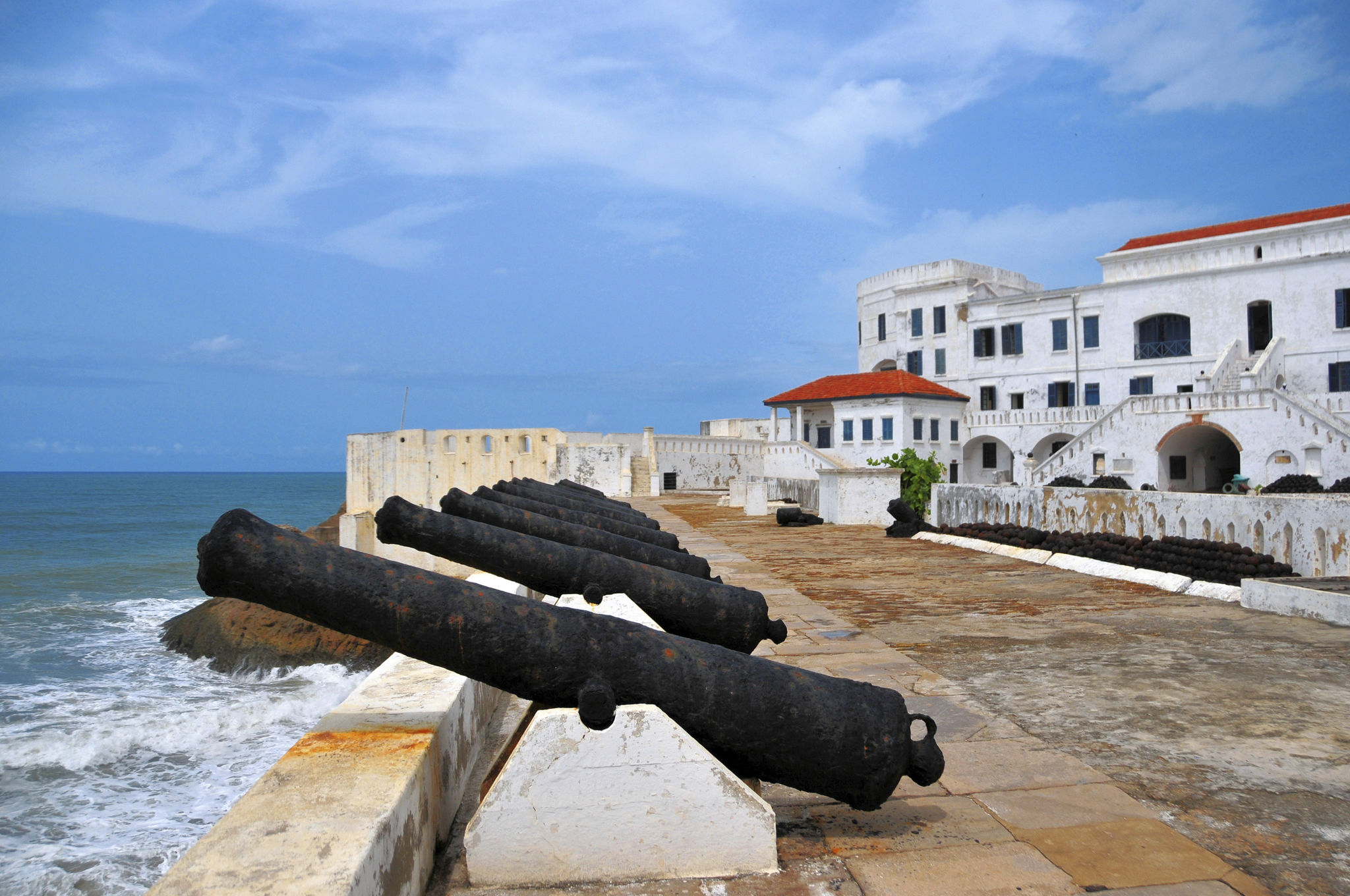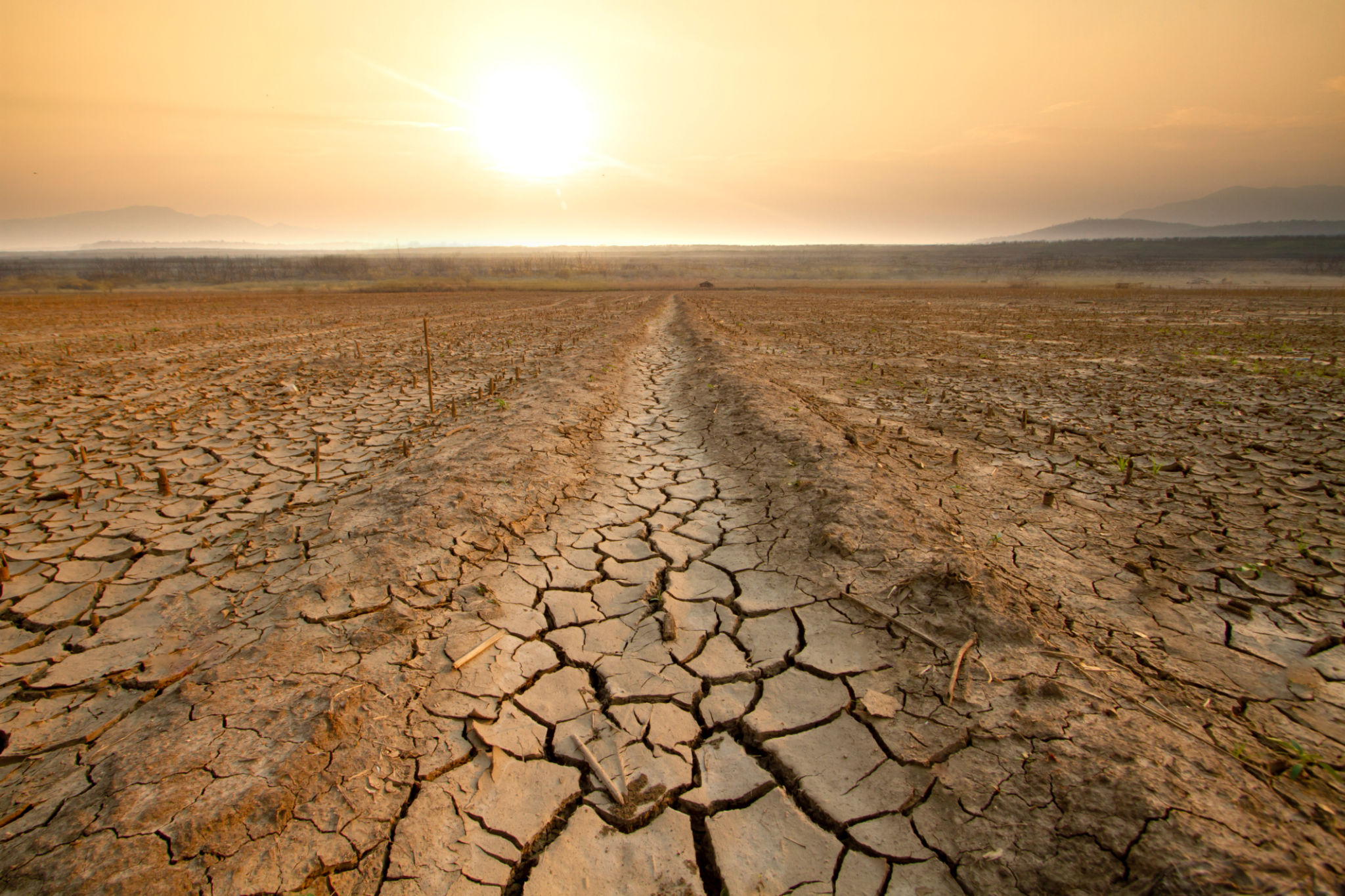Myths and Facts About Coastal Erosion in Ghana
Understanding Coastal Erosion
Coastal erosion is a significant environmental issue affecting regions around the globe, and Ghana is no exception. With a coastline stretching over 500 kilometers, understanding the dynamics of coastal erosion is crucial for safeguarding the country's coastal communities and ecosystems. Unfortunately, there are numerous myths surrounding this natural process, which can hinder effective management and mitigation strategies.

Myth: Coastal Erosion Is Only Caused by Human Activities
One common myth is that coastal erosion is solely the result of human activities. While it's true that human activities such as construction and sand mining can exacerbate erosion, natural factors also play a significant role. Natural elements like storms, sea-level rise, and wave patterns contribute to the natural process of erosion. It's important to recognize that both natural and anthropogenic factors must be considered when addressing coastal erosion.
Fact: Coastal Erosion Is a Natural Process
Coastal erosion is a natural process that has been occurring for millennia. It involves the wearing away of land by waves, currents, and tides. This process can lead to changes in coastline shape, which are sometimes gradual and other times quite rapid, especially during extreme weather events. Understanding this natural cycle helps in developing more effective coastal management strategies.

Addressing Misconceptions
Another prevalent misconception is that coastal erosion can be entirely stopped. In reality, while it cannot be completely halted, it can be managed and mitigated through strategic measures. By using methods such as planting vegetation, building seawalls, and adopting sustainable land use practices, the impact of coastal erosion can be significantly reduced.
Myth: Coastal Erosion Only Affects Remote Areas
Some believe that only remote or rural areas are affected by coastal erosion. However, this is far from the truth. Coastal erosion impacts both urban and rural areas along Ghana's coast. Cities like Accra face challenges related to coastal erosion that threaten infrastructure, housing, and livelihoods. Thus, it is a widespread issue that requires national attention and coordinated efforts.

Fact: Coastal Erosion Poses Economic Challenges
The economic implications of coastal erosion are substantial. It affects tourism, fisheries, and agriculture by altering landscapes and damaging property and infrastructure. Communities often face economic hardship as they lose land and resources crucial for their livelihoods. Addressing coastal erosion is not only an environmental necessity but also an economic imperative for sustainable development.
The Way Forward
Understanding the myths and facts about coastal erosion in Ghana is essential for developing effective policies and solutions. By dispelling myths and focusing on evidence-based strategies, stakeholders can better protect the country's coastlines. Collaborative efforts involving government agencies, local communities, and international partners are key to ensuring the resilience of Ghana's coastal areas.
In conclusion, while coastal erosion presents significant challenges, a combination of natural understanding and proactive management can help mitigate its impact. By fostering awareness and promoting sustainable practices, Ghana can secure its coastal environment for future generations.